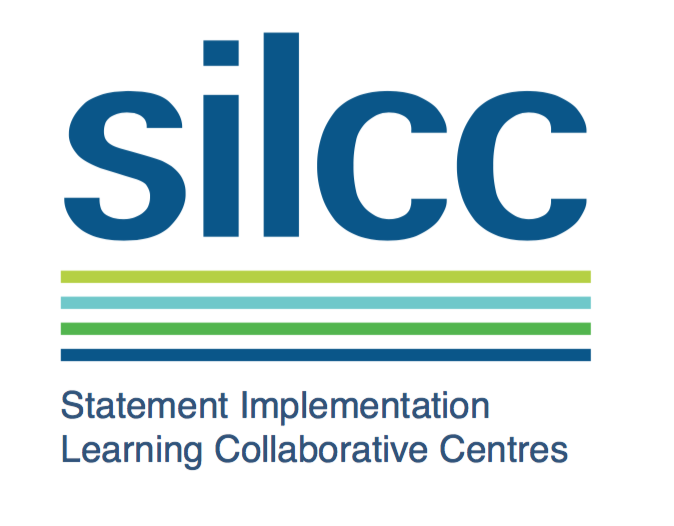“Clinical pharmacy services should continuously evolve to optimise patients’ outcomes.”
What does it mean for patients? Patients are aware that hospital pharmacists during their clinical activities should be consulted and may intervene before, during and after treatment.
What does it mean for healthcare professionals? Errors can occur during prescription and administration of medicines, as highlighted in scientific literature. Healthcare professionals should employ the hospital pharmacists’ clinical pharmacy skills in high-risk situations where pharmaceutical care is required (such as management of anticoagulation therapy, antimicrobial therapy, and therapeutic drug monitoring). Hospital pharmacists can contribute to the appropriate use of medicines at all stages, starting with the perceived need for a particular medicine for prescribing and ending with the assessment and monitoring of its efficacy and tolerability for patients after administration.
What does it mean for Hospital Pharmacists? Hospital pharmacists should manage medication therapy for high risk patients. Hospital pharmacists should have an overview of all medication therapies for patients under their care and record pharmaceutical interventions with the aim to improve quality and safety of all medication use.
- GPI: IMPROVING INVESTIGATIONAL DRUG MANAGEMENT: AN INNOVATIVE PROCESS
- GPI:The impact of a novel clinical decision support system on antimicrobial stewardship at an Acute NHS Teaching
- EAHP Policy Statement: Preparing health systems for an ageing society
- EAHP Policy Statement on eHealth and mHealth
- EAHP Survey Report 2015
- GPI: National Consensus on Core Competencies for Clinical Pharmacists in Norway
- GPI:Development of a guide intravenous administration
- High Performance Medicine Management-HPPM
- GPI:A PHARMACIST IN THE MULTIDISCIPLINARY ONCOLOGY TEAM
- GPI: Making clinical pharmacy essential in a large university hospital
- GPI: Obtaining patient feedback via a forum group
- GPI: IMPLEMENTATION OF A SAFETY AND HEALTH PROGRAM FOR THE MANAGEMENT OF PATIENTS WITH HEPATITIS C IN TREATMENT WITH DIRECT-ACTING ANTIVIRAL AGENTS
- GPI: DEVELOPMENT OF AN INTERACTIVE PLATFORM FOR PROVINCE CLINICAL PHARMACEUTICS WHO ARE IN CHARGE OF THE TREATMENT OF HEPATITIS C INFECTED PATIENTS
- GPI: IMMPaCT: A THERAPEUTIC EDUCATION PROGRAM (TEP) TO SUPPORT SEAMLESS CARE FOR PATIENTS LIVING WITH CANCER
- EAHP Brochure























 The Hospital Universitario Clinico San Carlos is SILCC Host providing training on this Statement. Please learn more about the SILCC programme
The Hospital Universitario Clinico San Carlos is SILCC Host providing training on this Statement. Please learn more about the SILCC programme 
